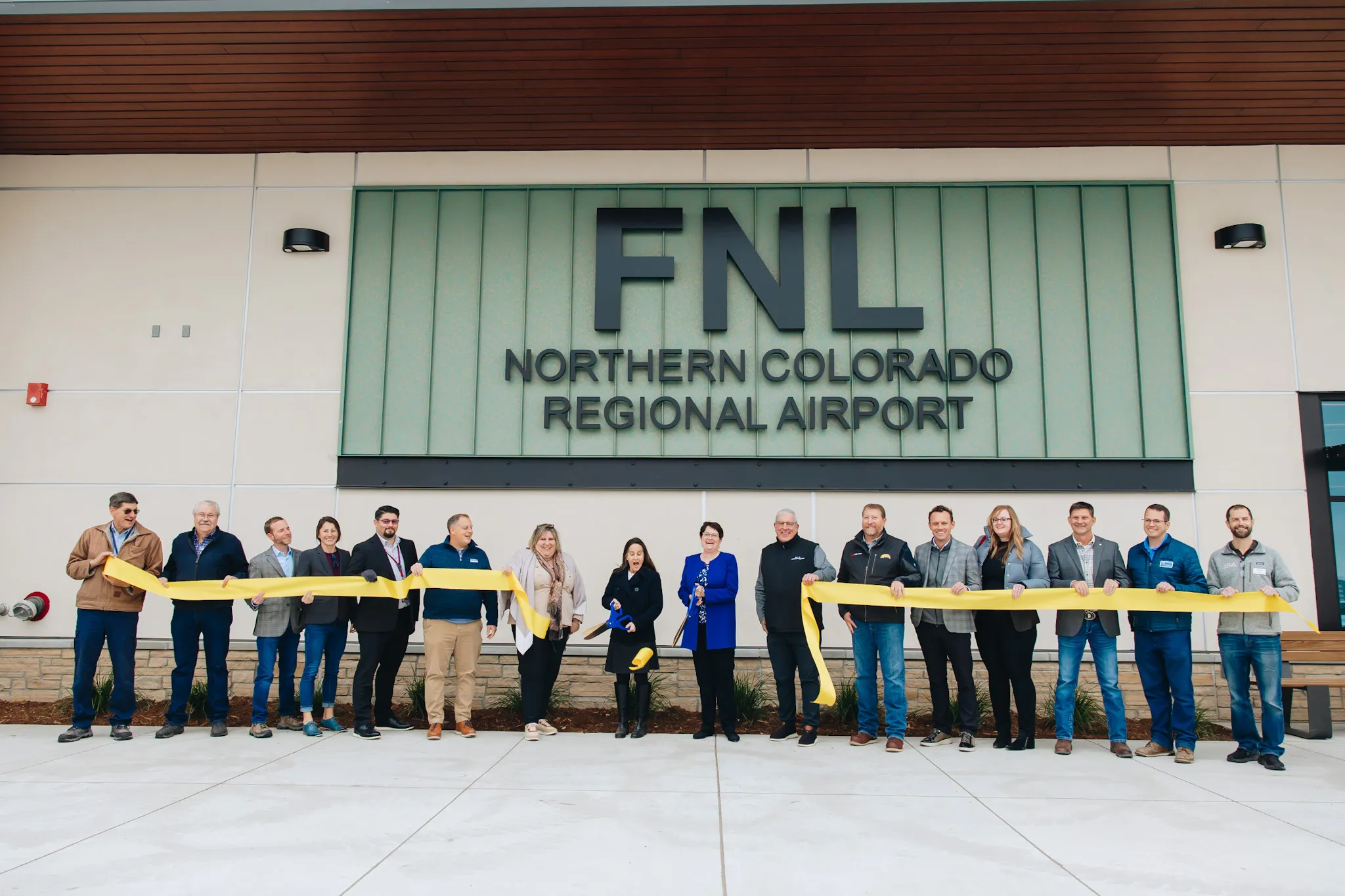Fort Collins delays 1041 regulations, may extend moratorium on water projects
FORT COLLINS — After spending months developing city rules to implement its authority under 1041 regulations, the Fort Collins City Council has delayed approval of an ordinance, sent staff back to work, and will likely extend a moratorium on water and highway development projects that would be affected by the rules.
The 1041 regulations refer to authority given to local governments under House Bill 74-1041. As can often happen, governmental units can be in conflict over developments, with one asserting authority over another. The rulemaking authority is particularly directed at environmental concerns that a local government might have with a project…
THIS ARTICLE IS FOR SUBSCRIBERS ONLY
Continue reading for less than $3 per week!
Get a month of award-winning local business news, trends and insights
Access award-winning content today!





